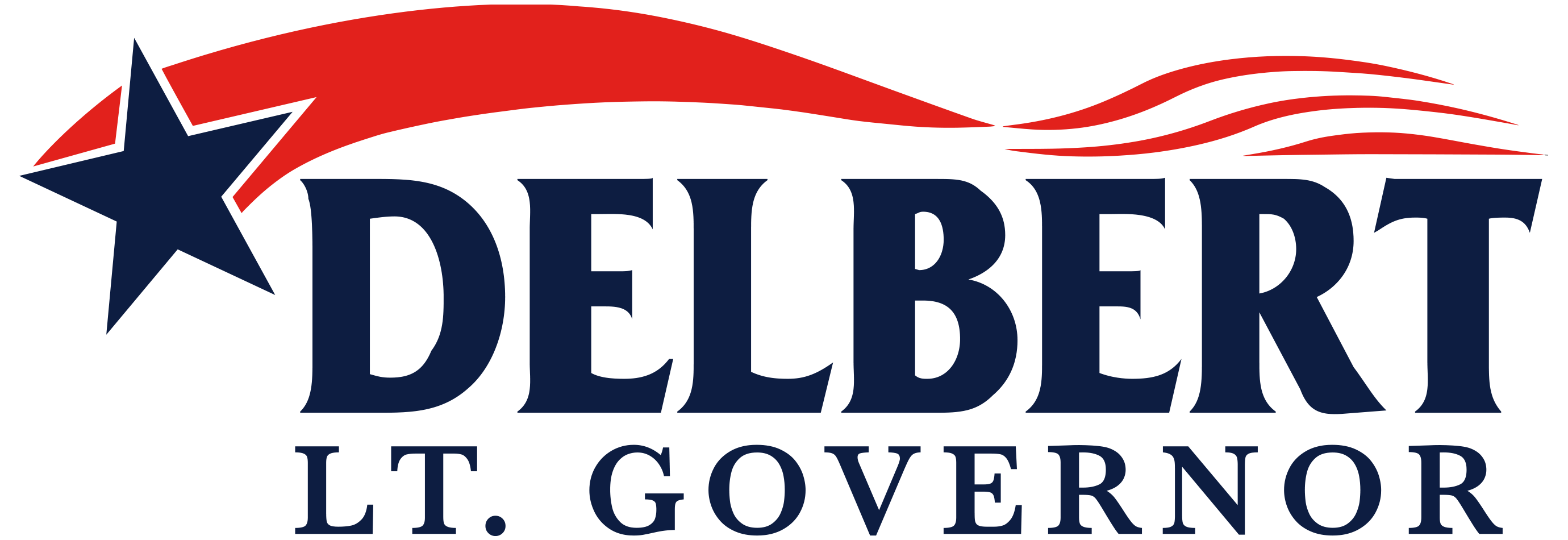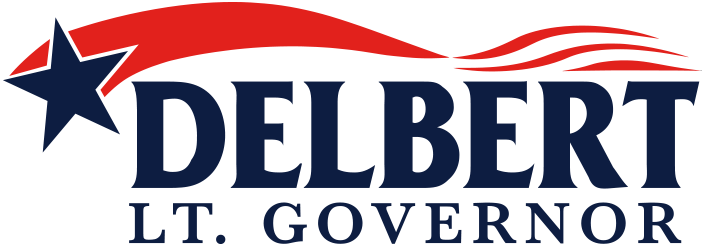JACKSON, MS (Mississippi Today) – Mississippi’s state politicians, whether running for election or not, all have opinions in how to deal with filling the shortfall created when the Legislature did not appropriate enough funds during the 2019 session to provide the promised $1,500 annual pay raise for all Mississippi teachers due to a miscalculation by the Mississippi Department of Education.
There has been much discussion of how to fund the shortfall since Mississippi Today reported last week that the Legislature did not provide adequate funding for the pay raise due to miscalculations. Under state law, the more than 31,000 kindergarten through 12th-grade teachers still will receive their raise, but unless the Legislature provides additional money local school districts will be forced to make up the difference. The shortfall could be as much as $15 million.
Both Gov. Phil Bryant and Lt. Gov. Tate Reeves essentially say the additional funds can be provided as a deficit appropriation by the Legislature during the 2020 session, which starts in early January. The pay raise goes into effect on July 1, 2019, so as the 2020 session begins it will mark the mid-point of the first year of the salary bump.
Republican candidates for governor: Former Mississippi Supreme Court Chief Justice Bill Waller Jr., Rep. Robert Foster, R-Hernando and Lt. Gov. Tate Reeves
The only problem is this is an election year and in 2020, there will be a new Legislature. Reeves is running for governor and is hoping to succeed Bryant, but there are no guarantees. Bryant is not seeking another office.
Reeves will serve as lieutenant governor for the first two days of the session until his successor is sworn in, and Bryant will be in office for about a week.
Some say waiting until the next session is too long.
“This situation needs to be remedied right now. It absolutely cannot fall to the districts to fix MDE’s mistake and state leadership’s unwillingness to step in immediately,” the Mississippi Association of Educators said in a statement. “Our districts, and our teachers, are asked to pick up the slack where the state refuses to step in time and time again.”
State Rep. Jay Hughes, D-Oxford, who is hoping to succeed Reeves as lieutenant governor, said the easier way to fix the problem might be a short special session.
“Deficit appropriation is another term for fiscal irresponsibility and kicking the can down the road,” Hughes said. “It basically says – ‘let’s let someone else fix our screw up.’ We need a special session to do what should have should have been done right the first time.”
That decision is in the discretion of the governor — Bryant said last week in a statement he would not call a special session.
The governor blamed the Department of Education for providing incorrect information to the legislative leadership on the cost of the pay raise. He said “the taxpayers of Mississippi should not have to fund a special session” because of a mistake by the state agency. He said the agency should take money out of its budget for the pay raise and the Legislature could do a deficit appropriation for the agency during the 2020 session.
As of Monday morning, the Department of Education did not have a comment on how many teachers were affected by this and whether it is possible to address the shortfall using the agency’s budget.
Central District Public Service Commissioner Cecil Brown, the former state fiscal officer and a former key member of the House Appropriations Committee, questioned whether it would be permissible for the agency to take money earmarked by the Legislature for other purposes and direct it to the pay raise.
“They may do it and nobody sues them. But if they did that, they might have to layoff people,” Brown said.
Hughes’ Republican opponent in the race for lieutenant governor, Secretary of State Delbert Hosemann, called the shortfall “unconscionable.”
“The first order of business in the Senate next year will be to address this issue, with interest, in addition to our annual teacher pay raise bill. I hope MDE will do whatever necessary to ease any burden on districts in the interim and ensure teachers receive the funds they deserve,” Hosemann said.
Among the candidates for governor, former Supreme Court Chief Justice Bill Waller Jr., who is challenging Reeves in the Republican primary, said “Every teacher is required to be included in the recent pay raise and I hope this situation gets cleared up as soon as possible. Education will be on the top of my agenda in the legislative session in January including my goal for a teacher pay raise.”
State Rep. Robert Foster of DeSoto County, who also is running in the Republican primary, said, “A deficit appropriation may resolve this problem, but better long term planning and prioritization of our budget can prevent this issue in the future. This is a perfect example of why we need a leader with a business background rather than a career politician leading our state the next four to eight years.”
On the Democratic side, Attorney General Jim Hood, who is considered the favorite in the eight-candidate field for governor, said “For too long our teachers have been underpaid thousands less than the Southeastern average. As governor, I will make funding our schools and raising teacher pay a top priority.”
Hinds County District Attorney Robert Shuler Smith, who also is running as a Democrat for governor, said, “A special session may not be cost effective, given the fact that the money has already been appropriated and signed by the governor. It certainly should not be a difficult task, although frustrating to our school districts, to demand proper accounting be done within a reasonable time frame.”
Legislative Democrats who are in a minority in both chambers, proposed that the governor take the money from the state’s rainy day fund to cover the cost of the pay raise.
“We believe this would be the quickest, easiest and most logical action he can take to address the issue,” the Democrats said in a news release.
The Working Cash Stabilization Fund, commonly called rainy day fund, is normally used to address shortfalls when state revenue collections do not meet projections and are not enough to cover the budget passed by the Legislature and signed into law by the governor.

